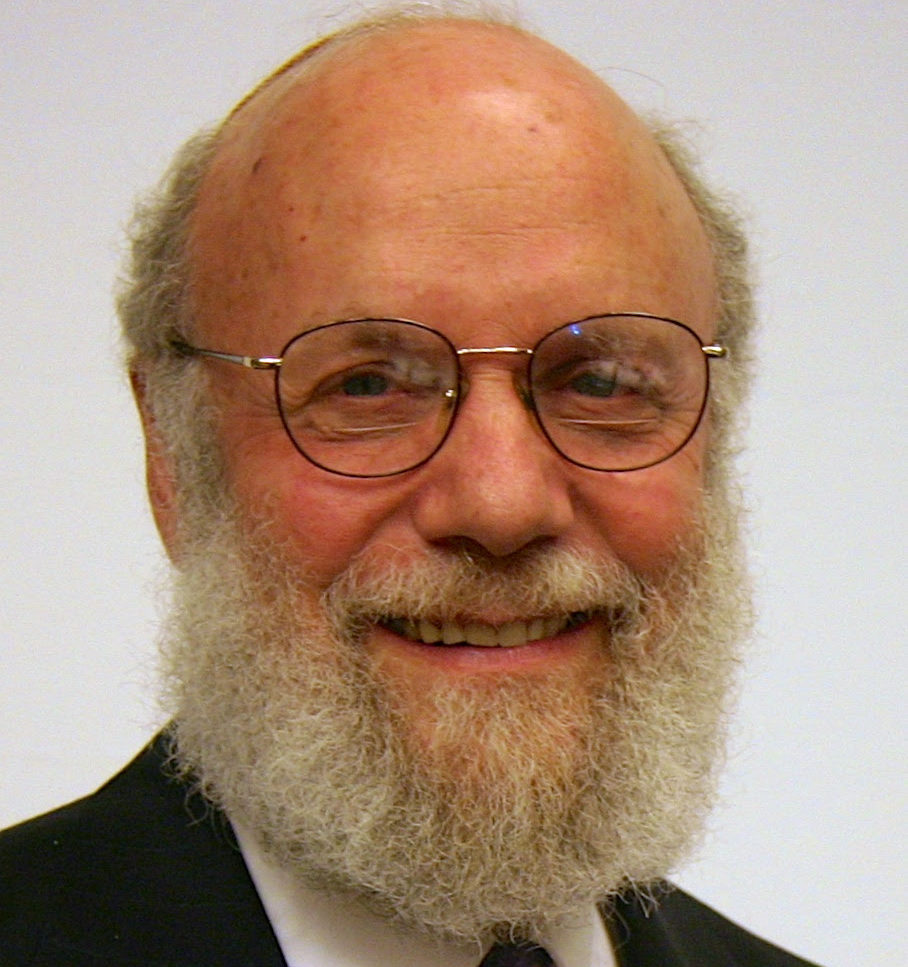I never saw my beloved teacher, Abraham Joshua Heschel, lose control as he stood up for some of the most urgent issues of his time, civil rights for all, ending the war in Vietnam, and liberation for Soviet Jews. His words burned with passion as did his actions. His presence, the intense look in his eyes, and the earnestness of his spoken and written words were mesmerizing, powerful; but anger was kept at bay. I never heard him raise his voice in anger.
In this way, Heschel channeled a precious teaching from the life of Abraham recorded in this week’s parasha. Abraham was challenged to live up to the mandate of his covenant with God: “to keep the way of God, to do righteousness and justice.” (Genesis 18:19) God tests Abraham, revealing to him God’s plans to utterly destroy the cities of Sodom and Amora due to their wickedness.
Immediately Abraham responds: “And Abraham drew near and said: ‘Will you indeed sweep away the righteous with the wicked? Perhaps there are fifty righteous within the city; will You indeed sweep away and not forgive the place for the fifty righteous that are there?’” (Genesis 18:23-24)
The dialogue that follows is surely one of the most compelling in the Torah. These very words of Abraham are deepened and enriched by a teaching recorded in the midrash. The Hebrew word “af” is often untranslated, indicating that a question will follow. In this passage, “af” appears twice, highlighting Abraham’s incisive questions to God. However, that same word also means anger. Understood as anger, the midrash explores Abraham’s opening words in an entirely new light:
What did he (Abraham) say to God? He spoke harshly. “When it comes to (a person of) flesh and blood, anger (“af”) destroys him. Will Your anger (“af”) do likewise, destroying the righteous along with the wicked? Just as You judge the wicked, will you judge the righteous?” (Midrash Tanchuma, VaYera 8)
Abraham senses God’s anger, and his opening words address the effects of unrestrained anger. In such a state, control is abandoned and the consequences are dire for everyone close by. Even the righteous will be consumed. In fact, Abraham’s daring words can be read as a statement rather than a question: Anger will consume the righteous along with the wicked.
In his following words, he goes even farther, claiming that anger will stand in the way of forgiving the righteous living alongside the wicked: “Anger will consume, and You will not grant forgiveness to the place for the sake of the fifty righteous who are within.”
Readiness to forgive has long been understood to be of the essence of God’s nature expressed so vividly in the 13 attributes of the Divine. Yet anger could block at any moment the flow of forgiveness even from its Source.
Anger is a very human quality, and anger at injustice or oppression of any kind seems justified. Anger is found in spades in Torah even, as in this narrative, attributed to God. But if it is not contained, the consequences can be dire. When anger is unleashed, unintended damage is likely. Precision is completely lost; striking out even at evil is likely to consume everything in its path. Even the innocent will suffer.
When engaged in the struggle against wrongs in our society or globally, strong emotions are invoked. Those very emotions provide the energy to awaken us to act. If we do not harness them, however, we risk doing great harm while working for justice.
The Zohar teaches: “By (the way one handles one’s) anger, one can recognize who one is. If a person guards one’s soul at a moment of anger, and does not allow it (one’s soul) to be torn from its place…this is a person who is as he should be…This is a complete person.” (Zohar II, 182a-b)
Standing up for the values we treasure is a key mandate. The way we stand up is equally important. Means and ends must be in alignment. If one faces off against an adversary in a turbulent, angry state, if one acts out one’s anger in words and deeds, there will be less justice. Stepping out for a more just society in a determined but soulful way will yield more fruit.
Sheldon Lewis is rabbi emeritus of Congregation Kol Emeth in Palo Alto, CA. He is a disciple of Abraham Joshua Heschel from the 60’s and the author of Torah of Reconciliation.


